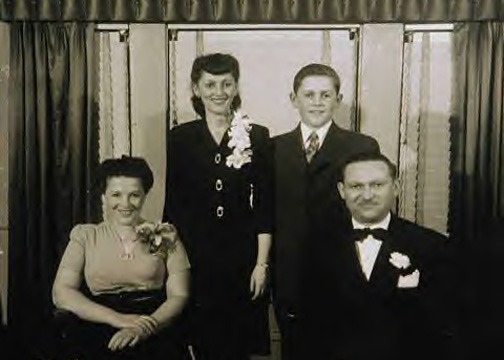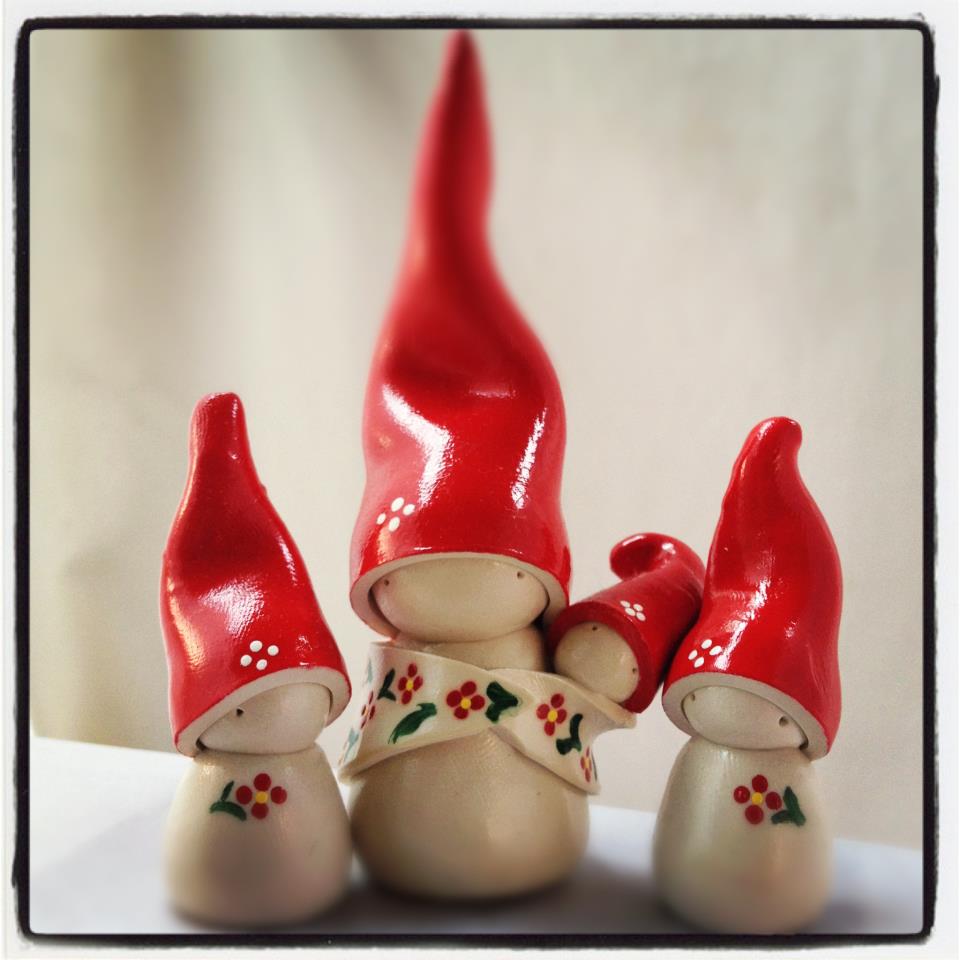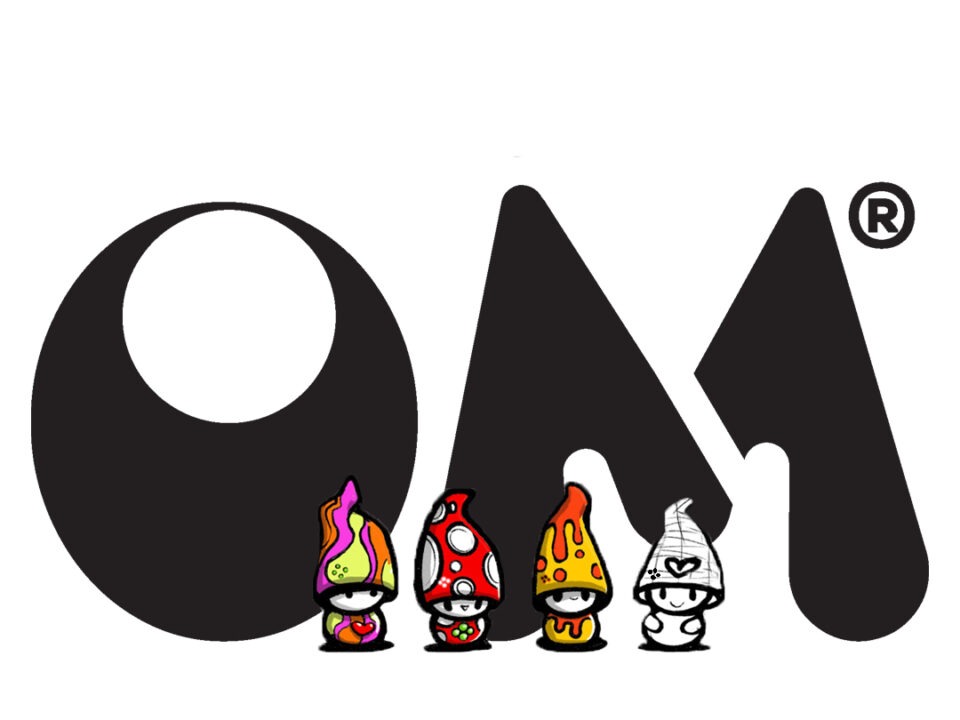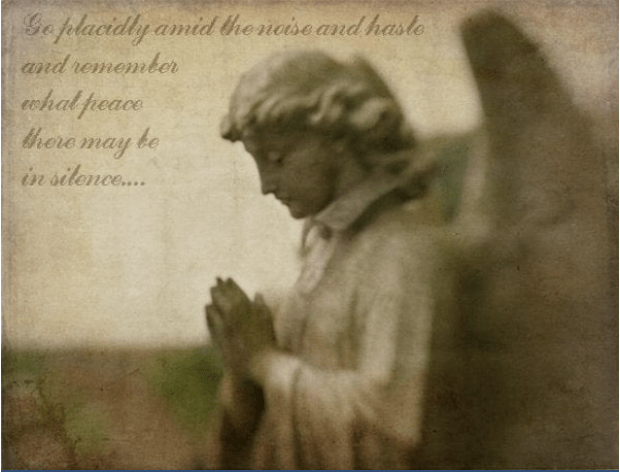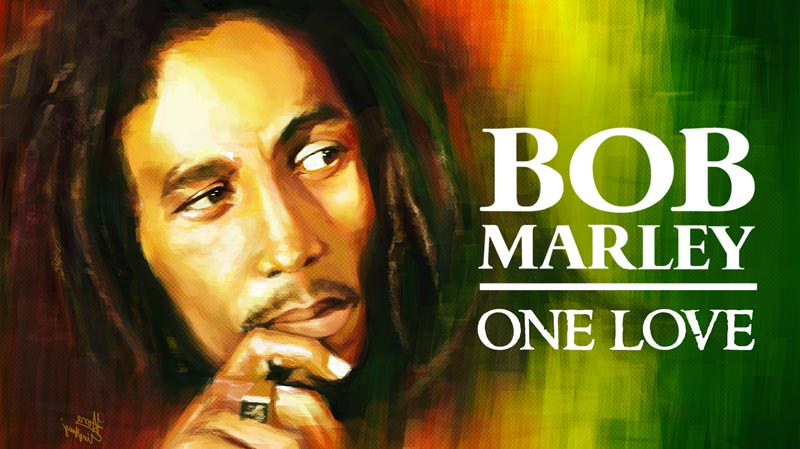Are YOU infected?
July 30, 2013The White Supremacist and the Sikh . . .
August 6, 2013In 1907, having made the difficult decision to leave their home in Russia, a family called Werber traveled to the United States, determined to make a new and better life for themselves.
Their number included a three-year-old boy, who in time would come to be known as Murray. The Werbers made their home in Rhode Island, not far from our studio here in Saunderstown, living in University Heights, Providence. When the time came, Murray enrolled at Hope High School, attending for 12 months before, in 1918, the Werbers moved again, this time to New York.
Here – much, much later – Murray met a girl called Freda Perlberg, who, despite being aged just 15 at the time, agreed to elope and get married. Their union, some said, wouldn’t last 12 months but, despite encountering such cynicism, Freda and Murray’s relationship endured right up to his death, some 70 years later. The couple had two children, Victor and Judy, who were raised as true Americans. In 1945, it was Judy’s turn to marry, her relationship with Rabbi Bernard Mandelbaum producing five children, David and Dasi, Joel, Debbi and Naomi. In time, Bernard and Judy’s family grew, to include 10 grandchildren and, to date, 10 great-grandchildren.
To think about all these strands, all these lives, all these Americans, each of them able to trace their own individual tale back to 1907, when Murray and his parents arrived in the United States, is quite a thing. The connections here are without end, with the thread destined to continue to unravel long into the future. It is, we’ll repeat, quite a thing.
Judy, we’re afraid to report, has long since passed, cancer cutting short her remarkable life in 1980. Some 33 years have passed but Judy, pictured above with Murray, Freda and Victor, has never been forgotten.
She was known for her beauty, her kindness and her cooking (she made, we’re told, a mean chulunt) and it is in good food and good deeds that, to this day, Judy’s memory is being honored.
You see, not long after Dr David Mandelbaum (her son) moved to Providence in 2003, a non-profit organization began to make quite an impact on the city’s streets. Called Judy’s Kindness Kitchen, it has been feeding Providence’s hungry ever since.
To call it a Soup Kitchen doesn’t do JKK justice, for this is a program that offers so much more. The food might be kosher and prepared at Congregation Beth Shalom on the East Side of Providence but, when it is served downtown at Crossroads Rhode Island, it is available to EVERYONE, ‘without regard to race, sex, religion, ethnic background or age’. Working with the largest homeless services organization in the state, JKK provides sustenance to anyone in need. Just as important as the food is the sense of community that runs through the entire operation. This, it seems, comes from Judy, renowned as a gracious host, whose life is remembered as one of ‘labor, struggle and accomplishment’. She sounds like quite a lady.
To quote David, Judy’s son, ‘On Yom Kippur, the Day of Atonement, among the scriptures read during services is
from Isaiah. Isaiah tells the nation that, to truly atone, you should divide your bread with the hungry [and that] even greater reward will come if you offer your soul to the hungry and satisfy the afflicted. I believe that’s what we do’.This is something that we wanted to share for various reasons. Because it’s a nice tale about families and the unexpected twists and turns that a life can take. Because those involved are so many and so different. Because homeless people in Rhode Island are benefiting in 2013 from a decision made in Russia in 1907. Because long after we’ve gone, we can still touch lives and make things better for others.
Think about those strands – the familial ones and those that have extended to join all those impoverished and undernourished people from backgrounds diverse and different. Think about how those people might go on to influence and inspire others. Think about David and Judy, Murray and his parents, and that fateful day, some 106 years ago, when life for innumerable people, most of them not yet born, began to change for the better. To think about such things is to reach a certain realization . . .

